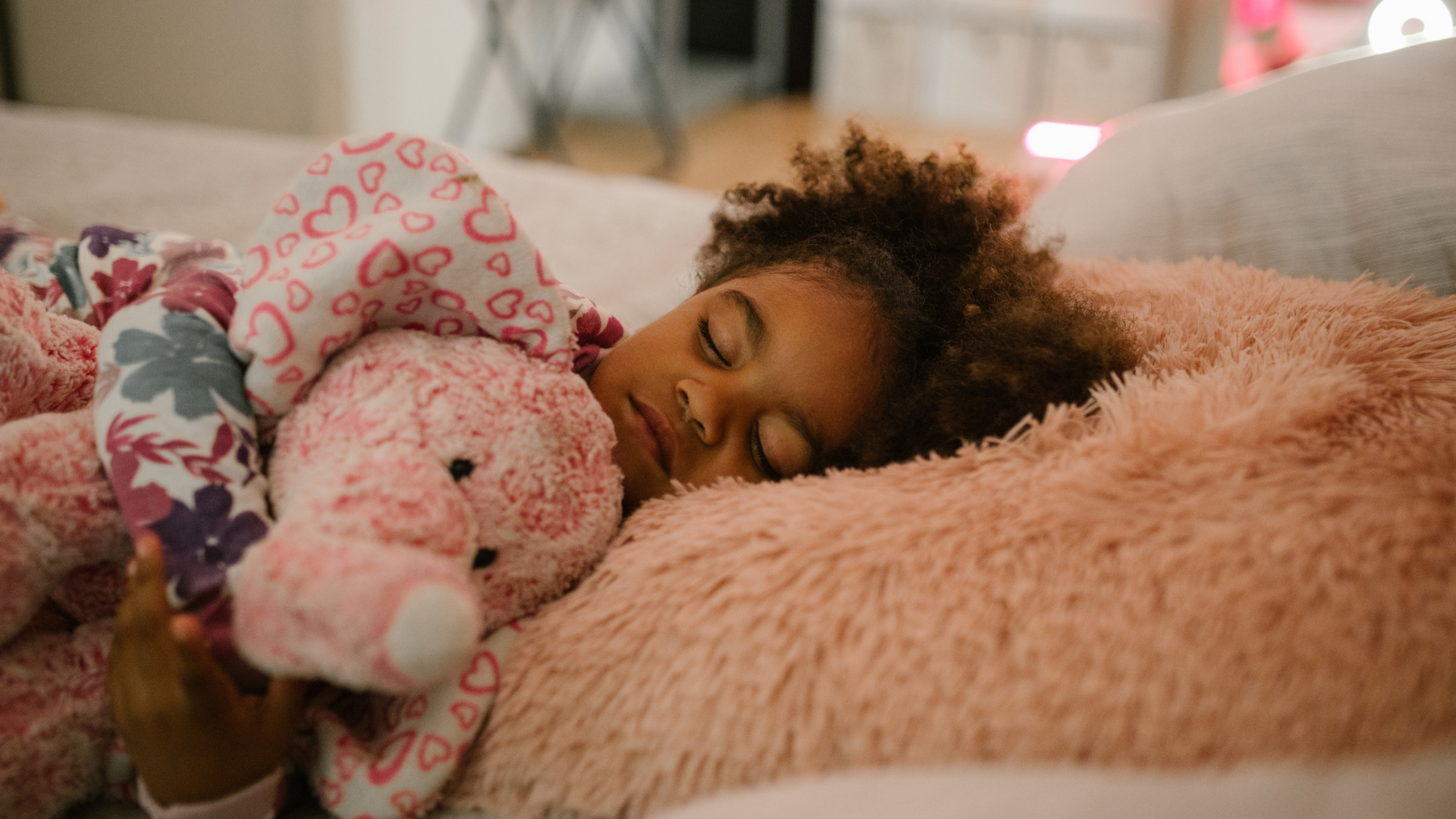
Understanding and Managing Bedwetting (Enuresis)
What You Need to Know About Bedwetting (Enuresis)
Bedwetting is far more common than many people realise. Unfortunately, it’s often considered a taboo subject, which can make it difficult to talk about. For children, it’s embarrassing and may leave them feeling ashamed, while parents may feel helpless. However, it’s important to know that bedwetting is a normal part of development that millions of parents deal with.
Also known as nighttime incontinence or enuresis, bedwetting refers to involuntary urination during sleep. It’s particularly common among primary school children, especially boys, and often resolves on its own as children grow older. For some, it may continue into their early teenage years, but most children outgrow it naturally.
Types of Bedwetting
Bedwetting is divided into two main types:
- Primary Enuresis: This occurs when a child has never had a dry period at night.
- Secondary Enuresis: This happens when a child starts wetting the bed again after being dry for some time.
Common Causes of Bedwetting
1. Immature Bladder Development
Some children have an underdeveloped or overactive bladder, which makes it difficult to control urination at night. In some cases, their kidneys produce too much urine for their bladder to handle. Bedwetting often runs in families, so there could be a genetic component.
2. Deep Sleeping Patterns
Some children sleep so deeply that they don’t wake up when their bladder sends signals to the brain. This is especially common during colder months and is often a matter of maturity.
3. Drinking Too Much Liquid at Night
Consuming large amounts of liquids like milk, juice, or cooldrinks close to bedtime can increase the likelihood of accidents.
4. Underlying Health Conditions
Secondary enuresis (when bedwetting starts again after a dry spell) can be caused by issues like constipation, bladder infections, diabetes, or even stress.
5. Emotional Stress
Sress, anxiety, or upsetting situations - such as bullying, family changes, or trauma - can contribute to bedwetting. Nightmares caused by emotional distress can also lead to accidents.
Tips to Manage Bedwetting
Dealing with bedwetting requires patience and understanding. Here are some practical steps to help your child:
1. Reduce Fluids Before Bedtime
Encourage your child to limit their fluid intake in the two hours before bedtime. Avoid caffeinated drinks like tea, coffee, or fizzy cooldrinks, which act as diuretics and increase urine production.
2. Encourage Regular Bathroom Trips
Teach your child to use the toilet frequently during the day and make it part of their bedtime routine to empty their bladder.
3. Try Bedwetting Alarms
Bedwetting alarms are designed to wake your child when they start to wet the bed. These alarms help train the brain to respond to signals from the bladder, improving control over time.
4. Check for Constipation or Infections
Constipation is a common but often overlooked cause of bladder problems. Increase your child’s fibre intake by including more fruits, vegetables, and wholegrain foods in their diet.
5. Offer Reassurance
Bedwetting can make children feel embarrassed or ashamed, especially if they are scolded for it. Avoid punishment and remind your child that bedwetting is normal for kids their age. A calm and supportive attitude can make a big difference.
6. Use Positive Reinforcement
Create a reward system to encourage your child. For example, give them a sticker for every dry night, and after earning a certain number of stickers, they can receive a small reward like a toy or a treat. Positive reinforcement can be a powerful motivator.
Natural Remedies for Bedwetting
Feelgood Health offers natural products that may help children struggling with bedwetting:
- MindSoothe Jr: A herbal remedy to ease anxiety and emotional stress, which are often linked to bedwetting.
- K-OK KiddieCalmer: A homeopathic remedy that helps shy or anxious children feel more confident and emotionally secure.
- UTI-Clear can help to safely and effectively clear bladder infections to restore dry nights in children again.
Be Patient and Understanding
Most children outgrow bedwetting naturally. While it can be frustrating at times, it’s important to stay calm and supportive. With consistency, patience, and the tips above, your child will eventually achieve dry nights.
When you feel discouraged, remind yourself that bedwetting is temporary. After all, how many adults do you know who still wet the bed? Rest assured, this phase will pass!
If you have any health-related questions, please contact us or leave a comment below for FREE advice. We always love hearing from you!


Comments
Leave a comment